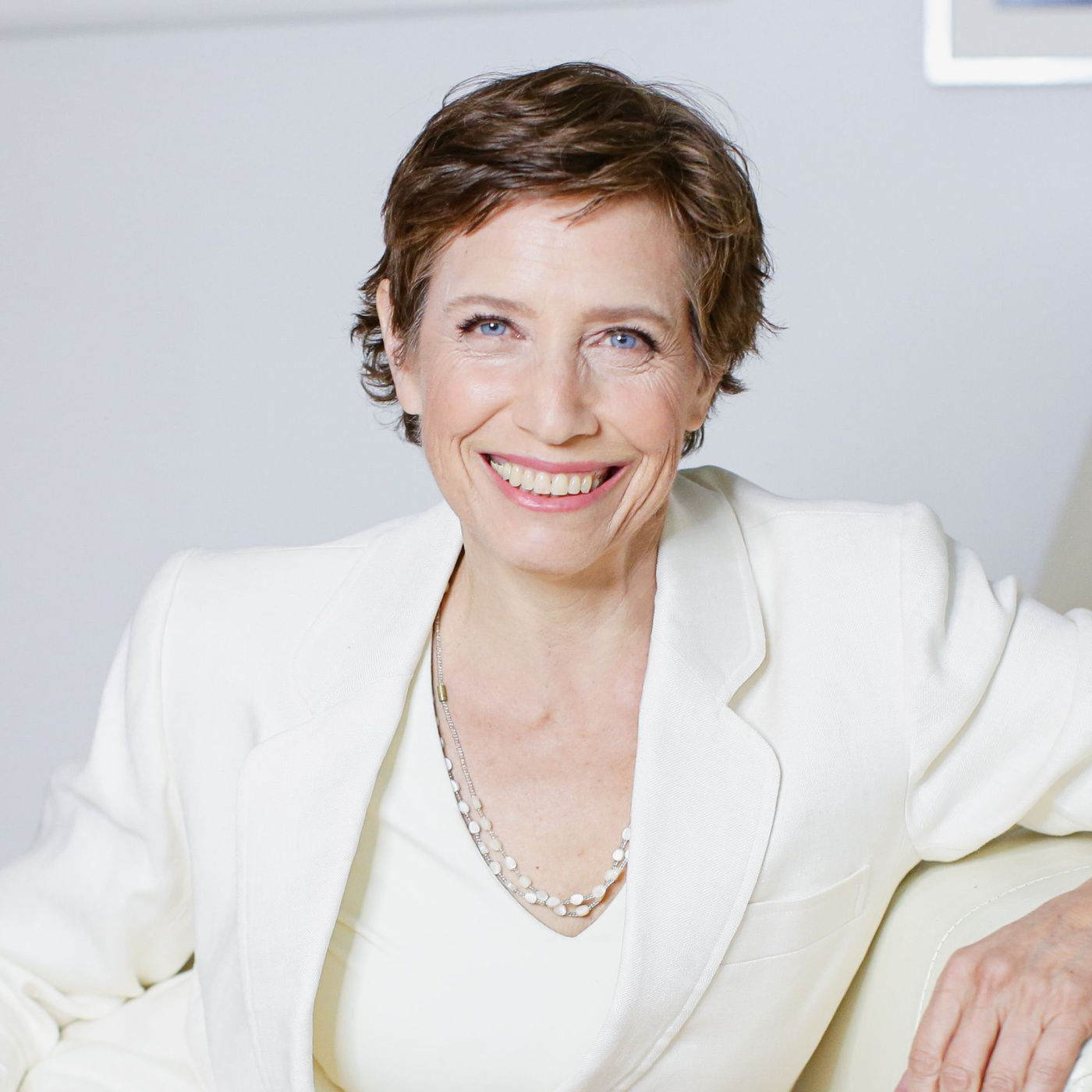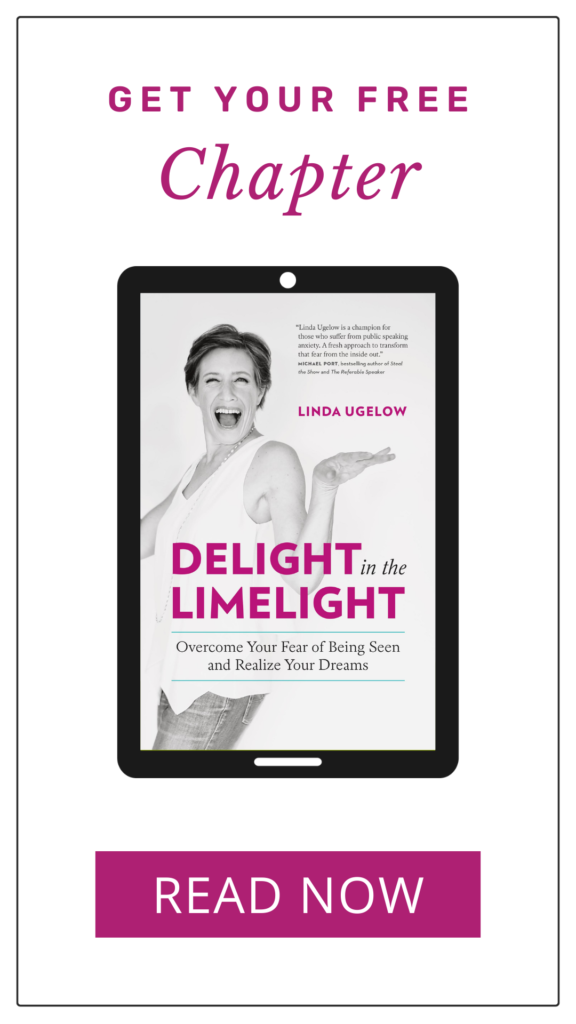056. Bridging the Divide: Courageous Conversations in Polarized Times
Does the thought of discussing politics with someone on “the other side” make you want to run the other way? Do your conversations devolve into heated arguments, leaving you frustrated and disconnected? Are you worried that political divides are harming your relationships and our sense of community?
I’ve found it more challenging than ever to discuss politics with those who hold different views, and perhaps you feel the same way.
That’s why I’m inviting you to join me for a meaningful conversation with Liane Davey, author of The Good Fight, and Heather Hansen, author of Advocate to Win. Both are experts in effective communication and teamwork within the business world.
Together, we explore how the same principles that drive successful collaboration and handling conflict in teams can be applied to civil conversations.
My hope is that we can lessen the undercurrent of stress of these times. I’m convinced that creating a more inclusive and respectful atmosphere in our communities will help us heal these divides so that together, we can build the cohesion needed to tackle the big issues of our time.
Listen in to learn:
- Practical strategies for finding common ground
- How to handle misinformation
- How to know when a relationship is worth letting go
Join us for this enlightening conversation and be part of the movement toward a more connected, creative, and resilient society—where you feel safe to both listen and speak with confidence.
Listen to the Podcast Here
Watch The Podcast Here
Connect with Heather Hansen
She’s been an anchor at the Law and Crime Network and has appeared on The Today Show, CNN, Fox News Channel, MSNBC, and CBS. She’s worked with Harvard Business School, Google, LVMH, Sav A Tree, and the American Medical Association among others. Her book, The Elegant Warrior-How to Win Life’s Trials Without Losing Yourself was an Amazon bestseller.
- Website
- The Elegant Warrior Podcast
- Heather Hansen’s Book – The Elegant Warrior
Connect with Liane Davey
Liane’s mission is to radically transform the way people communicate, connect, and contribute, so they can achieve amazing things together. Her approach combines a keen expertise in strategy with her deep insight into group dynamics to increase the value organizations get from teamwork and collaboration.
Liane is a frequent contributor to the Harvard Business Review and is called on by media outlets such as CNN, The New York Times, NPR, and the Wall Street Journal. She has a PhD in Organizational Psychology.
- Website
- Her Book – The Good Fight
Connect with Linda Ugelow
- Download your Free Speaker Empowerment Kit with 3 mental rehearsals to pre-pave your speaking confidence whether you’re speaking live, one camera, or introducing yourself in a networking/workshop circle.
- The Book: Delight in the Limelight: Overcome your fear of being seen and realize your dreams
- Comfy on Camera: 7-week Group Program to make friends with the lens and watch yourself on video without cringing.
- Private Coaching with Linda to overcome your fear of speaking and delight in the limelight.
Credits – Music: “A Smooth Jazz” by Music Cocktail
Clickable Tweets
Did you have an insight or question that came up while listening to an episode? I’d love to hear it. Leave a voice recording here and we may feature it on the show.


0 Comments